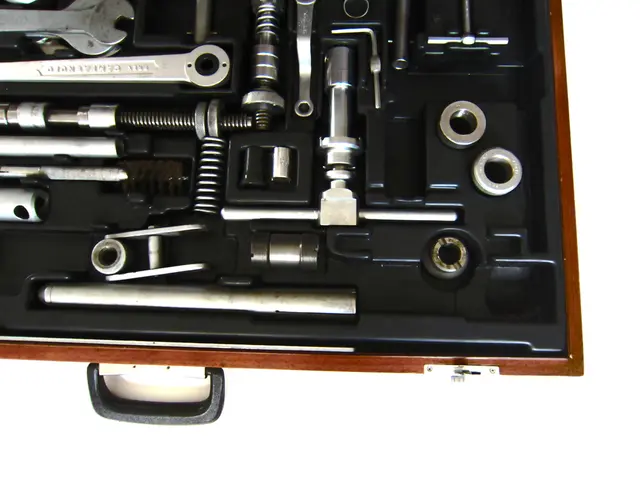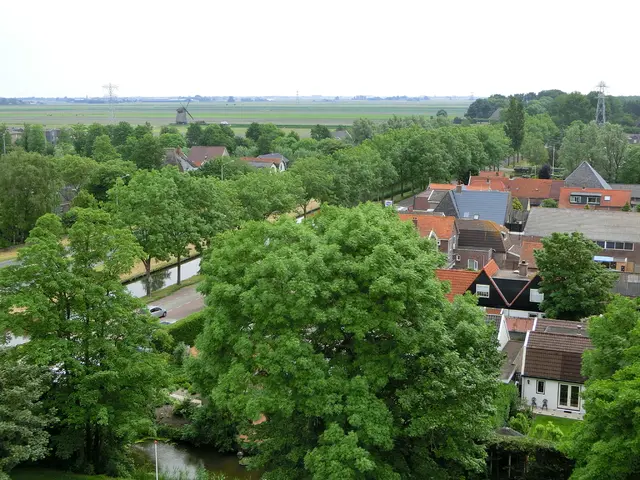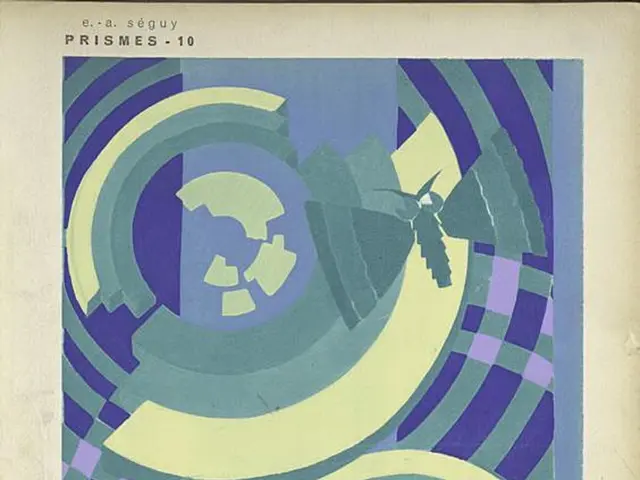Germany's Bundestag in 'Black Book' Over High Spending; Wasteful Projects Spotlighted
The German parliament, known as the Bundestag, has been included in the 'Black Book' for the first time due to high expenses despite a reduction in seats. The taxpayers' association has called for more efficiency and thrift. Meanwhile, several cities and projects across Germany are under scrutiny for their spending.
In Goldenstedt, a project to convert a sewage sludge treatment plant into an incineration plant is underway as part of the BiRG project. However, specific cost details are not available. Similarly, Koblenz is testing a conversion of its sewage sludge treatment plant, with the first stage already operational at a cost of around 17.5 million euros.
The Federal Association of Taxpayers' 'Black Book' highlights 100 examples of wasteful spending. In Radeburg, Saxony, a bridge was built for 900,000 euros but remains unused due to lack of funds, with weeds growing on the construction debris. Another example is the battery factory for electric cars in Schleswig-Holstein, which is facing potential multi-million losses due to the insolvency of the manufacturer Northvolt, despite being funded by the state-owned development bank KfW.
In Baden-Baden, a bike street project was set up with new markings and signs but was rolled back less than a year later due to lack of cyclist usage. The city of Kirchberg an der Murr, Baden-Württemberg, spent around 40,000 euros to relocate bats from an old community hall, with demolition delayed until winter 2027/2028 to ensure the bats have accepted their new quarters.
These examples underscore the need for careful consideration and evaluation of public spending. While some projects may have good intentions, they must be reviewed for their practicality and sustainability to ensure the best use of taxpayers' money.







